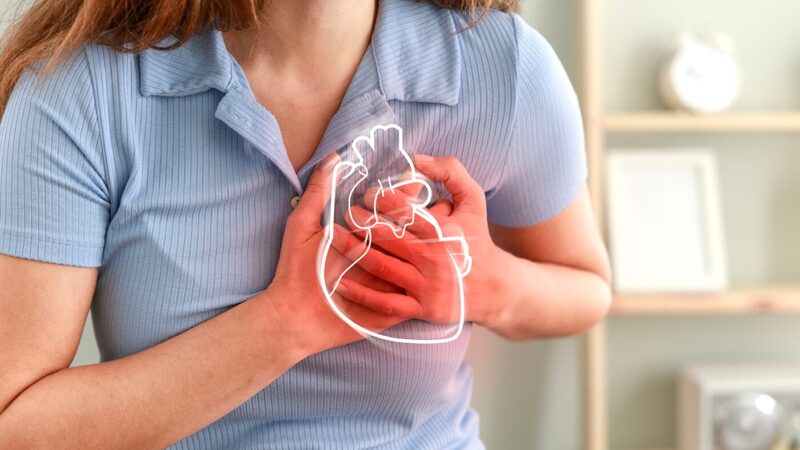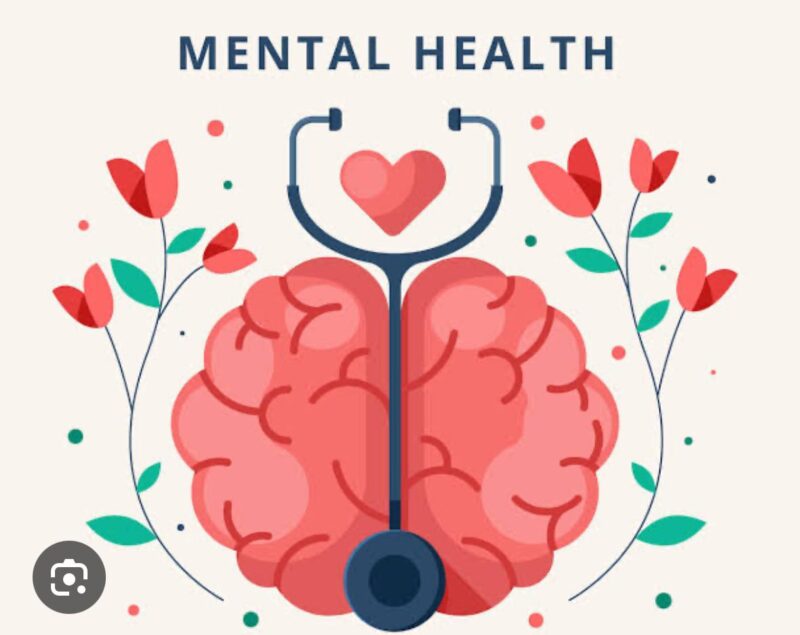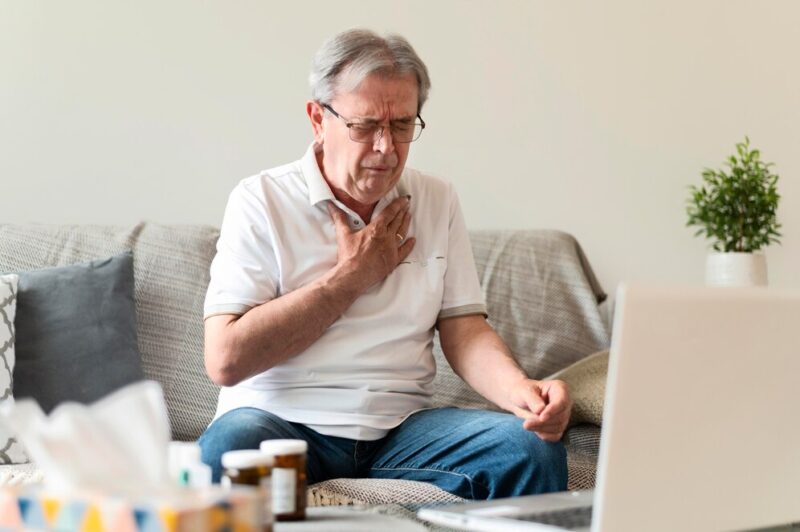Life gets busy. Between work, parenting, errands, and all the stress in between, it’s easy to ignore subtle signals our bodies send. But when it comes to the heart, even minor symptoms can mean something serious. Most heart issues don’t start with a dramatic event. They whisper first. Learning how to notice those whispers might change the course of your health—or someone you love.
Key Highlights
- Early heart disease often starts with vague symptoms like fatigue or mild chest pressure.
- Women may experience different signs than men, especially during midlife transitions.
- Chronic stress and inflammation are often overlooked contributors to heart strain.
- Symptoms can appear during rest, not just during exertion or physical activity.
- Gut health, sleep, and blood sugar all play roles in heart resilience.
The Subtle Signs Most People Miss
Heart disease rarely begins with a big scare. More often, it creeps in. A little discomfort here, a wave of tiredness there. Many brush it off as stress or age. But it’s not always just that.
If you notice any of the following happening more than once—or they’re starting to feel “normal”—pause and take them seriously:
- Lightheadedness or dizziness not explained by hunger or hydration
- Shortness of breath during simple tasks
- Pressure in your chest, not sharp pain, but a feeling of fullness or squeezing
- Mild pain that travels to your jaw, neck, shoulder, or back
- Persistent fatigue, even after rest or sleep
These can all be early signals. Women especially tend to experience less typical patterns. You may not feel crushing chest pain like men often report. You might just feel unusually tired. Or you might feel tightness across your shoulders. If something feels “off,” trust that instinct.
How Lifestyle Pressures Mask Early Heart Symptoms

You push through the workweek. You care for others before yourself. You blame poor sleep, hormones, or stress. And yes, they all impact how your heart performs.
I’ve coached many women through their 40s and 50s who dismissed red flags as aging. But fatigue isn’t always hormonal. That feeling of breathlessness after climbing stairs? That tightness during Zoom meetings? That could be your heart struggling.
One of the most helpful things you can do during this phase of life is support your cardiovascular system consistently. That includes regular movement, a nutrient-dense diet, and stress management—but it also means knowing when your body needs extra help. A high-quality heart health supplement can support circulation, vascular strength, and inflammation control. Think of it as one tool in your overall wellness kit.
Digestive Clues That Tie Back to the Heart
Most people don’t connect heart disease to gut issues. But there’s more overlap than you might think. When you regularly feel bloated, nauseous, or lose your appetite for no clear reason, don’t overlook it. Your heart and digestive system are connected by the vagus nerve, and when circulation is impaired, digestion often suffers.
Low blood flow can disrupt stomach acid levels. It can also lead to sluggish bowel movements. If you feel unwell in your belly without a solid explanation, pay attention.
Emotional Shifts Can Be Physical Red Flags

Emotional well-being and cardiovascular health are closely linked. If your moods shift quickly or you feel more anxious, irritable, or down lately, look deeper. Heart function affects oxygen delivery to the brain, and when that balance tips, your mental clarity and mood can shift.
You may also feel:
- A sense of doom or unease that has no specific trigger
- Panic-like episodes that don’t fit your usual stress response
- Sudden sleep disruptions—especially waking up in the middle of the night with chest tension
These aren’t always about mental health. Sometimes, the body is asking for support.
Signs That Show Up During Rest, Not Just Activity
We often associate heart problems with exertion. But early symptoms can show up during stillness.
If you lie down and feel chest tightness, or if you wake up gasping, take that seriously. Sometimes, the heart struggles more when horizontal. That’s when fluid retention and blood flow issues reveal themselves.
Also, pay attention to changes in how you breathe during rest. A subtle shift in rhythm or needing to catch your breath while watching TV could signal early heart strain.
What’s Going On in Your Legs and Feet?
Many heart-related issues begin with circulation problems. Swollen ankles, cold feet, or even slight color changes in the skin can be early signs.
You may feel:
- Tingling or numbness in your toes
- Slow-healing cuts or bruises on your lower legs
- Varicose veins that suddenly worsen
These aren’t just cosmetic or comfort issues. They can signal blood flow changes that require medical attention.
When to Speak With Your Doctor

If even one or two of the symptoms mentioned here feel familiar—and they persist or recur—it’s time to check in with your doctor. You don’t need to wait for pain or a dramatic event. Catching things early can mean less invasive interventions and more options for care.
Bring a short list of symptoms. Include the frequency and what you were doing when they happened. Doctors value clarity and consistency. Don’t downplay anything. Your wellness deserves priority, not postponement.
Final Thoughts
Your body speaks every day. The challenge is to stop, listen, and act. Heart disease doesn’t always shout. It whispers through fatigue, discomfort, and emotion. You deserve to feel strong, supported, and informed.
Support your heart with daily movement, nourishing meals, and sleep you protect like treasure. Know your family history. And if you need to fill the gaps with added support of a heart health supplement, turn to trusted options.
Don’t wait for a scare. Know what to look for. Talk about it. Share what you’ve learned. Your heart is the engine of everything—and it deserves your full attention.

